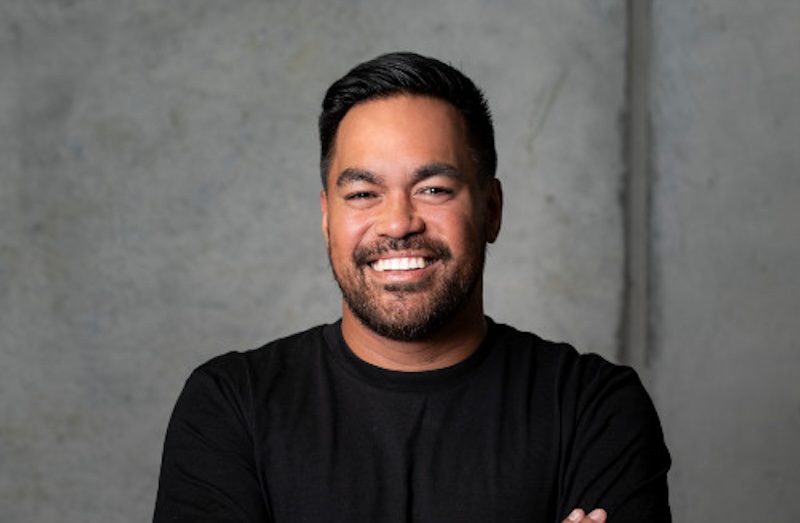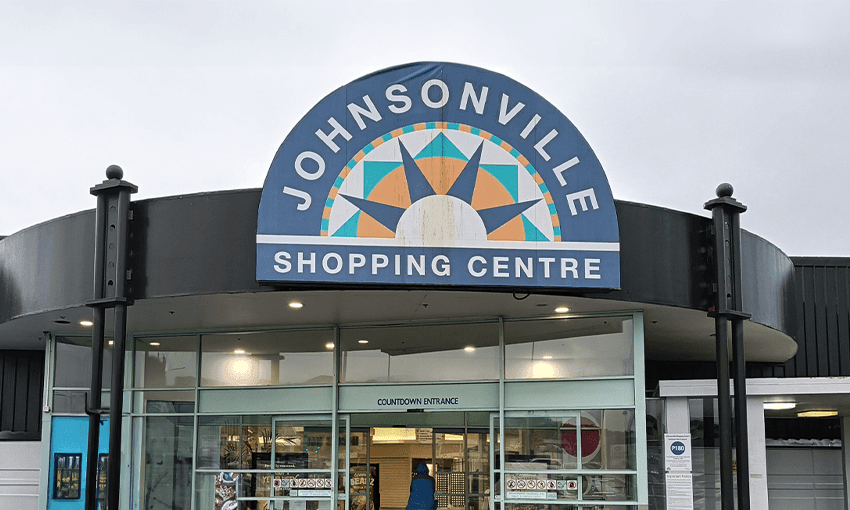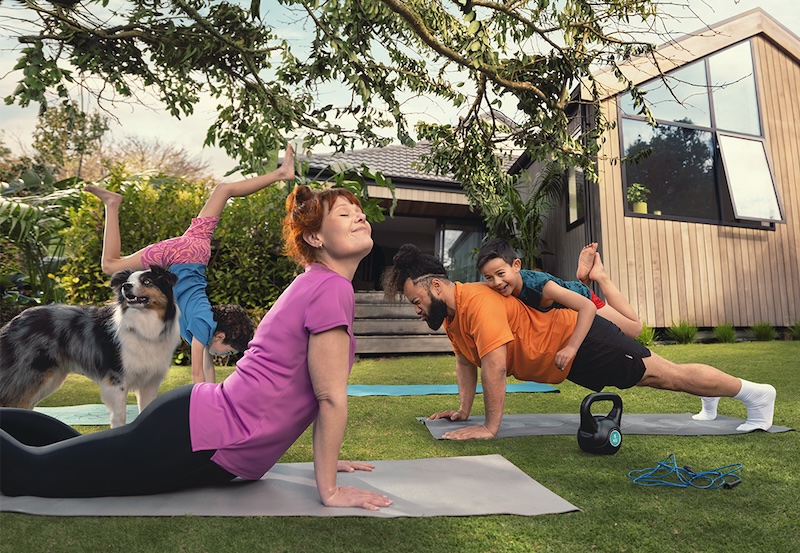Toni Vermeulen has suffered possible bowel cancer symptoms for years but has been denied a colonoscopy because she does not fit the criteria – and has never been told about a potentially lifesaving alternative.
Vermeulen’s grandmother, uncle and cousin have all been diagnosed with bowel cancer but because they are not her immediate family and she is only 43 her referral for a colonoscopy has been rejected.
“I have all the symptoms for years and years but I’m still fighting to get checked. I’ve been denied three times for a colonoscopy even with my family history. I struggle with constipation and I’m always in pain,” she said.
Gut Foundation general manager Margaret Fitzgerald said people were not aware of all the diagnostic options.
READ MORE:
* Continued delays for younger Kiwis with bowel cancer symptoms seeking colonoscopies
* ‘Distressing’ lack of data on patients refused vital bowel cancer tests
* Prenatal blood tests lead to cancer diagnosis for newly married 32-year-old
Stuff
Alexandra woman Toni Vermeulen, 43, has been refused a colonoscopy, despite suffering bowel cancer symptoms for years.
CT colonography does not require sedation and is just as accurate at detecting most precancerous polyps. It is available in the private sector for about $700, but some areas publicly fund them.
Fitzgerald said if anything was found in the CT, people would still need a colonoscopy, but would be bumped up the wait list in the public system.
Wait lists for colonoscopies – the most commonly referred screening option for bowel cancer and other gut related diseases – were long and unsustainable, she said, and New Zealand had the highest rates of bowel cancer in the OECD.
She recommended people monitor their bowel movements using a Gut Foundation Know your Normal chart so they could easily explain any changes to a GP.
ALDEN WILLIAMS/Stuff
Stuff journalist Jo Mckenzie-Mclean has advanced bowel cancer after being refused tests.
Every day in New Zealand nine people are diagnosed with bowel cancer – but it is very treatable if detected and diagnosed early.
Vermeulen’s Alexandra GP took her concerns seriously and referred her for a colonoscopy – a diagnostic test for bowel cancer that sends a camera into the bowel to look for tumours.
The 43-year-old was “devastated” when the Southern District Health Board (now Te Whatu Ora Southern) refused the referral.
Vermeulen’s cousin, Stuff journalist Jo Mckenzie-Mclean, was diagnosed with advanced bowel cancer last year after being refused tests in 2018. After repeated GP visits, she was eventually diagnosed from a CT scan but only after her rheumatologist told the hospital it was necessary to detect any problems to her liver caused by the medication she was on for arthritis. She was also not presented with a CT colonography as an option.
Vermeulen said she would definitely consider getting a private CT. “I’d need some time to come up with the money but that’s a good start,” she said.
A national bowel screening programme is being rolled out around the country for people aged between 60 and 74, but there are calls to begin screening at 50 like in Australia.
Pacific Radiology chief medical officer Adrian Balasingam said CT colonographies were less invasive, quicker, cheaper and just as accurate as colonoscopies at detecting bowel cancer.
Supplied
Pacific Radiology chief medical officer Adrian Balasingam says CT colonographies are just as accurate as colonoscopies at detecting bowel cancer.
He said they should be presented as options to take the pressure off colonoscopy waiting lists.
As a result of long waiting lists, or referral rejections, people were being diagnosed later when the cancer had spread and was harder to treat, he said.
“I don’t think that is fair and it’s really sad. These are inequity issues that Health New Zealand is trying to sort out but they have a lot of work to do and meanwhile the waiting lists are growing.”
*CORRECTION: An earlier version of this story incorrectly stated CT colonographies were not available for free in the public health system in Otago and Southland. (Amended 9.10pm, September 18, 2022)
Getty Images
A CT scan is less invasive than a colonoscopy but can detect cancer. (File photo)





















Discussion about this post